Social Media Becoming a Major Player in Presidential Election
In such a fast-paced, modern society, social media has come to play a major role in the lives of students.
Ranging from an outlet that encourages the spread of creativity and individualism, to a tool that connects people and cultures around the world, comes yet another pivotal need for social media: a link between politics and student voters.
The right to vote typically does not resonate with young voters; however, with active political participation on social media and fervent campaigning, sites such as Facebook and Twitter expose students to politics and essentially force them to be cognizant of current events as well as informed about the various candidates.
According to uspolitics.com, “Social media tools including Facebook, Twitter, and YouTube allow politicians to speak directly to voters without spending a dime.” Essentially, campaign marketing through social media is not only cost effective, but also serves as a gateway directly to young voters, who estimated, spend seven and a half hours a day absorbing media related content.
“Most of my information regarding politics comes from social media,” explains junior Melanie Cave, who will be eligible to vote in the upcoming 2016 election. “Articles pop up on my news feed summarizing the latest debate or speech, and that is how I get informed and create my own opinions.”
The journal Nature conducted a 2012 study entitled: “A 61-Million-Person Experiment in Social Influence and Political Mobilization” that concluded the sharing of news throughout social media – particularly Facebook – “increased [voter] turnout directly by about 60,000 voters and indirectly through social contagion by another 280,000 voters, for a total of 340,000 additional votes.”
Typically, most of social media’s benefits bring about consequences, and its influence over politics is not any different. The impact of a student’s peers and their overbearing opinions can potentially hinder the formation of one’s own.
Junior Jason Kahan, also eligible to vote in 2016, declares that “when it comes to big decisions such as who my vote goes to, I don’t listen to social media. I do not care what others think and will not base my life choices off them.”
Kahan continues, “For the most part, social media is exaggerated and at times wrong. I form my own opinion about politics without the aid of others bias.”
Still, as the 2008 and 2012 presidential elections showed, social media has the capacity to influence a vulnerable age of voters, and its impact will most likely increase with the 2016 election.

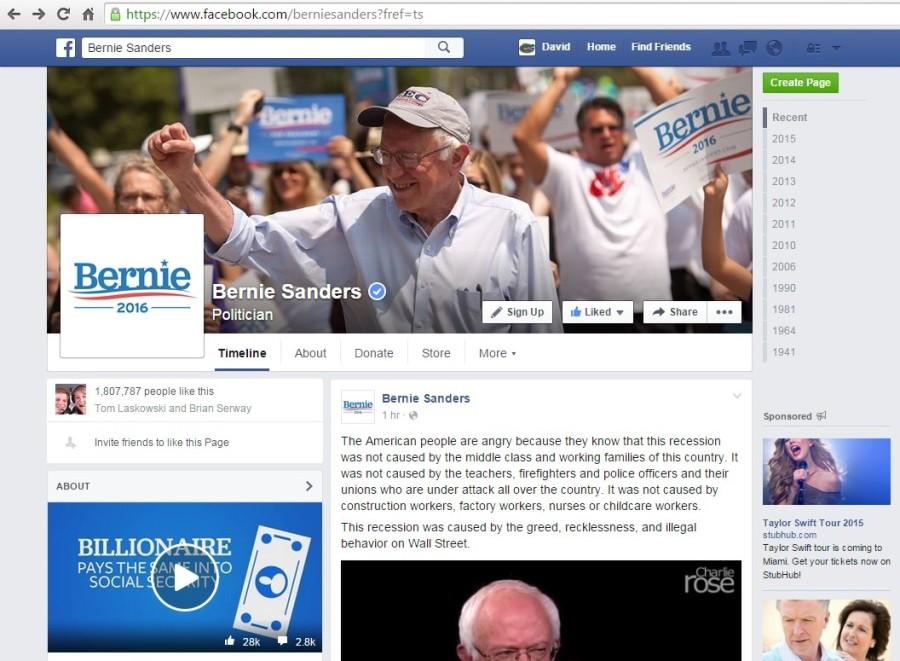
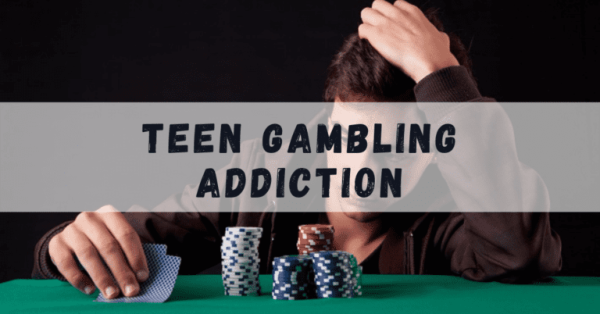
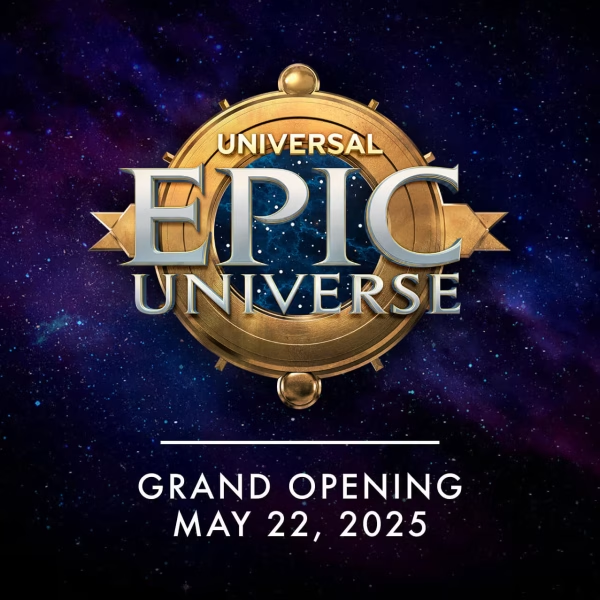
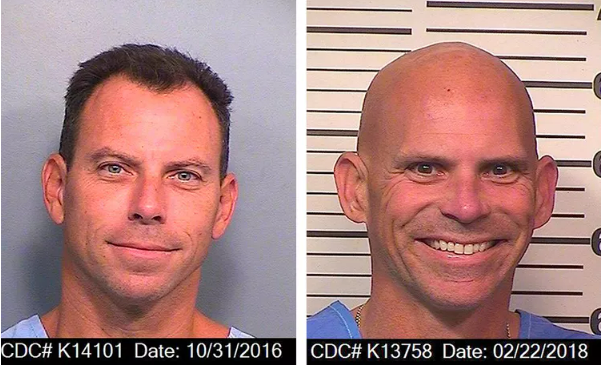


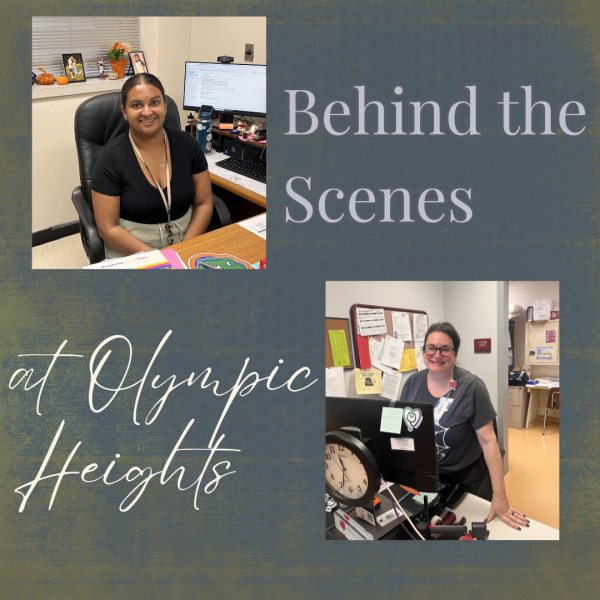




Devin Fuller • Oct 27, 2015 at 10:55 am
this story seems to have an irrelevant place on this website, I feel it should be taken down. this story lowers the standard I have become accustomed to with the OH torch.
Nick Carraway • Oct 27, 2015 at 10:51 am
This is a wonderful story on the power of social media.